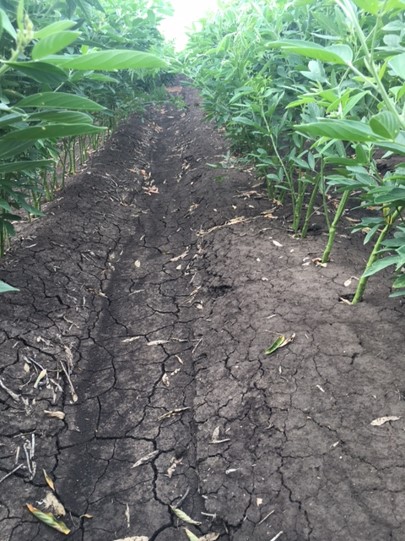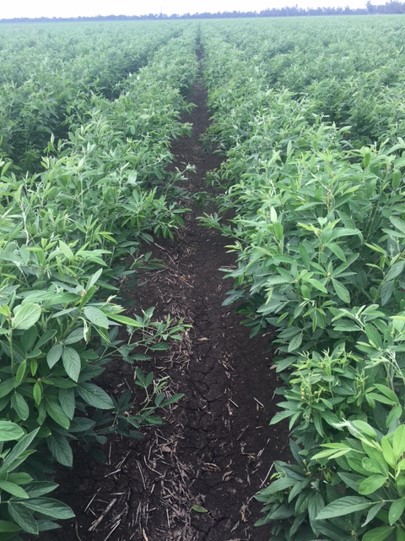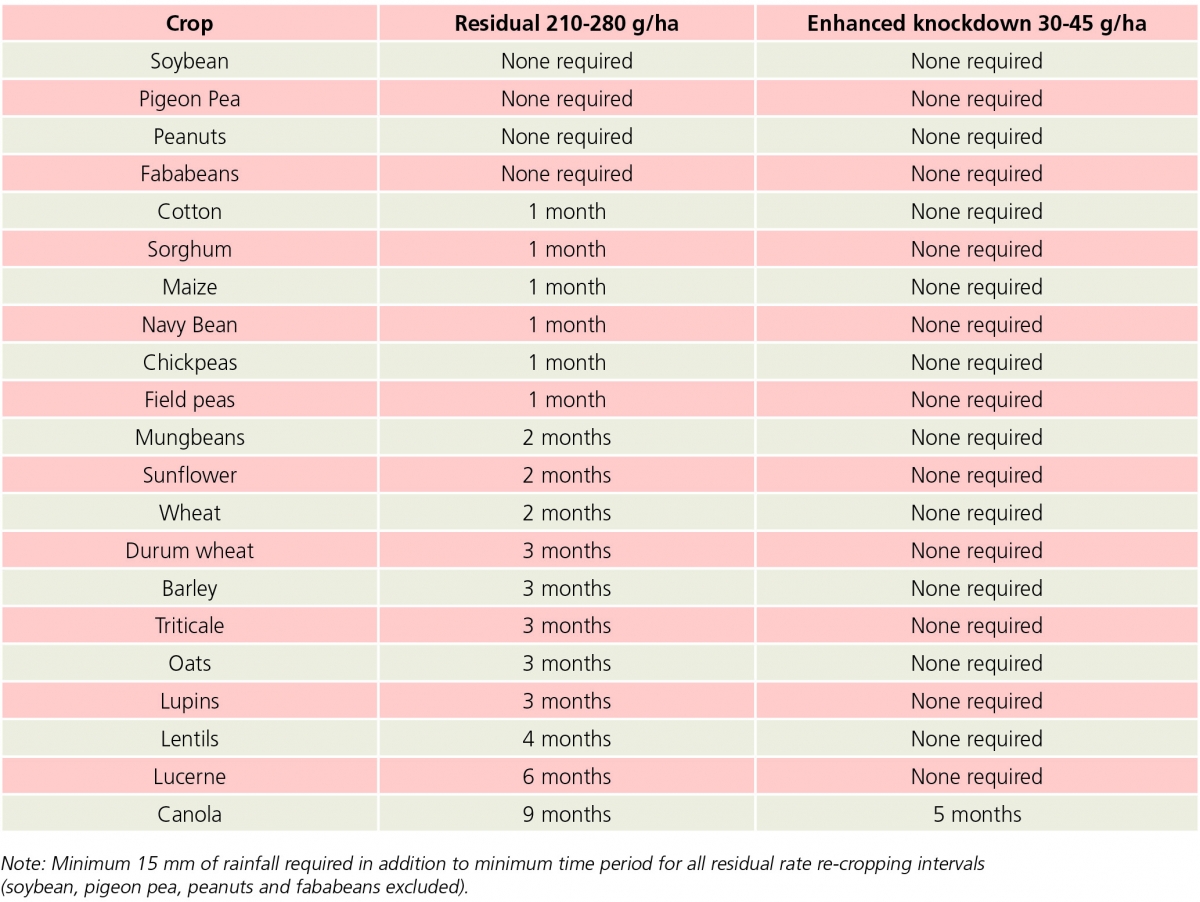
On
New pre-emergent residual registrations for Valor® herbicide in fallows and prior to planting summer crops greatly broadens crop rotation flexibility and boosts efforts in combating herbicide resistance.
New registrations for Valor herbicide now enable it to be used for highly effective pre - emergent (residual) control of a broad range of problem weeds in fallow and prior to planting summer crops. Valor offers excellent residual control (6-8 weeks +) of problem weeds such as Barnyard Grass, Feathertop Rhodes Grass, Fleabane and Milk Thistle, even against glyphosate resistant strains.
Sumitomo point out there are no other Group G (PPO mode of action) herbicides registered for this residual use in fallow and prior to summer crops and there is no recorded resistance in Australia to Group G herbicides, making Valor an excellent option for resistance management.
Summary of the new residual uses for Valor herbicide,
At Planting
- Peanuts and Soybean. Pre-plant (280g) or PSPE (210g)
1 month pre–sowing
- Pigeon Pea , Maize, Sorghum, Navybean (210 – 280g)
2 months pre-sowing
- Cotton, Sunflower and Mungbeans (210 – 280g)
Channel banks
- (560 – 700g)
Significantly, Valor can be used on Pigeon Peas 1 month prior to planting for residual weed control, making it ideal for use in Pigeon Pea refuges being grown as part of Bollgard cotton refuge commitments. Prior to the new Valor registrations, cotton growers have had very few viable options for Pigeon Peas and have been relying on limited older chemistry.


With the steady increase in herbicide resistance in mixed cropping areas and the need for more flexible weed control strategies, growers and agronomists now have a highly flexible and effective new tool at their disposal with Valor. Ticking all the key boxes for mixed cropping systems, Valor offers the ability to be used prior to a large range of crops, it has short and flexible re-cropping intervals (prior to summer and winter crops), it controls key problem weeds and controls weeds resistant to other herbicides.
These new registrations are very timely for the industry given the drought conditions many are experiencing in 2018 and the need for flexibility in crop choices that have occurred as a result. Valor’s short plant-back requirements enable growers to respond quickly to opportunities including salvaging failed crops and being able to quickly plant alternate crops where needed.
As seen in the table below, no plant-back period is required for Soybeans, Faba Beans and Peanuts while other crops such as Sorghum, Maize, Navy Beans, Field Peas, Pigeon Peas and Chickpeas, only require a one-month plant-back period and just 15 mm of rain prior to planting.
This is in great contrast to some other residual herbicides which can literally tie-up farming country for years, locking growers into growing only a narrow set of crops over an extended period (until rainfall and lengthy time requirements have been met). Valor is a Godsend in this regard, allowing growers the flexibility to grow a wide mix of crops weather they are coming out of drought conditions or not.
Summary of the re-cropping intervals for Valor herbicide,

Conserving moisture is critical any time of the year and a product like Valor that can help remove weed pressure in fallow but also offer carryover residual protection into the emerging crop is a valuable option for growers. This value is especially evident when Valors lack of any highly restrictive long plant-backs and its strong fit within herbicide resistance management strategies are recognised.
Sumitomo encourage giving Valor a try this coming season so you can see how effective it is for increasing cropping flexibility while managing resistance and ultimately improving returns.
For more information on Valor’s new residual registrations click here